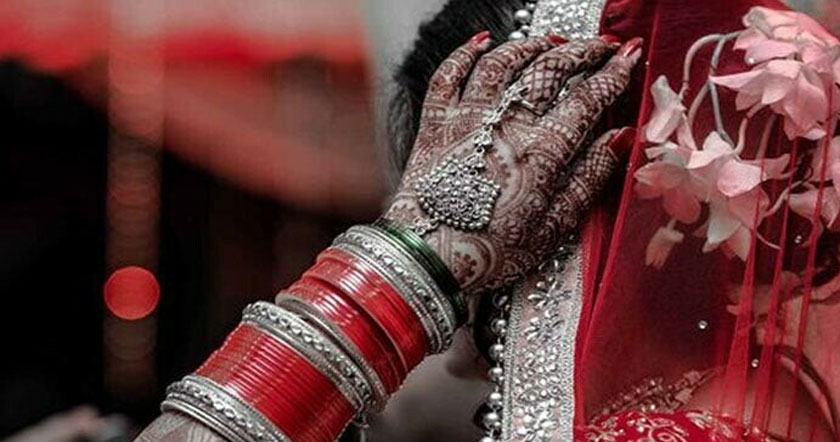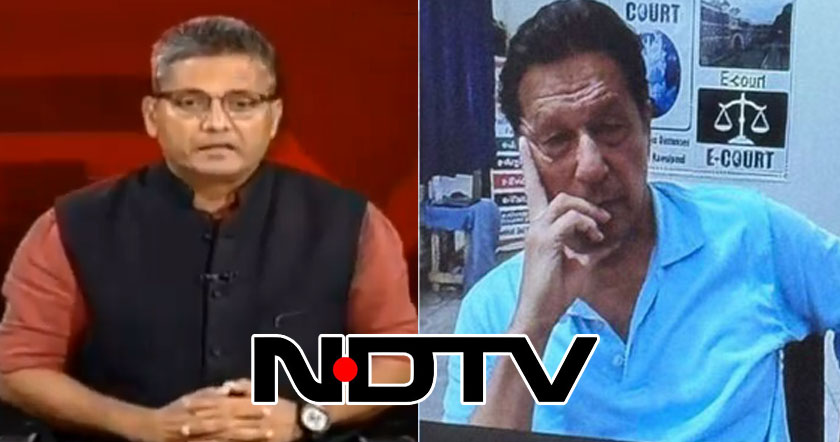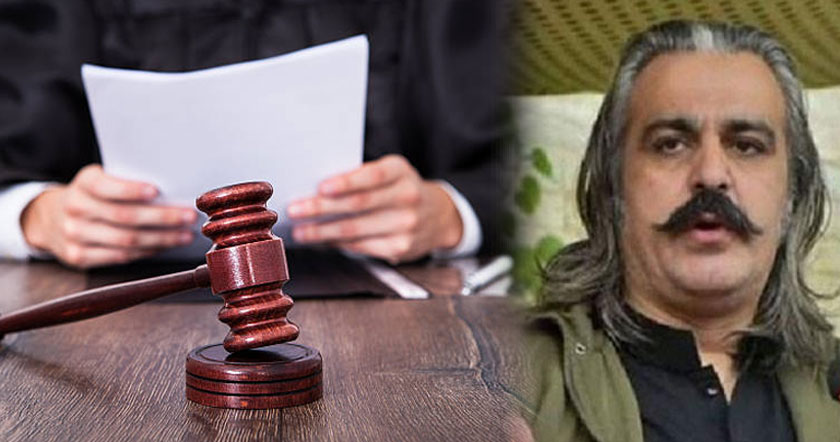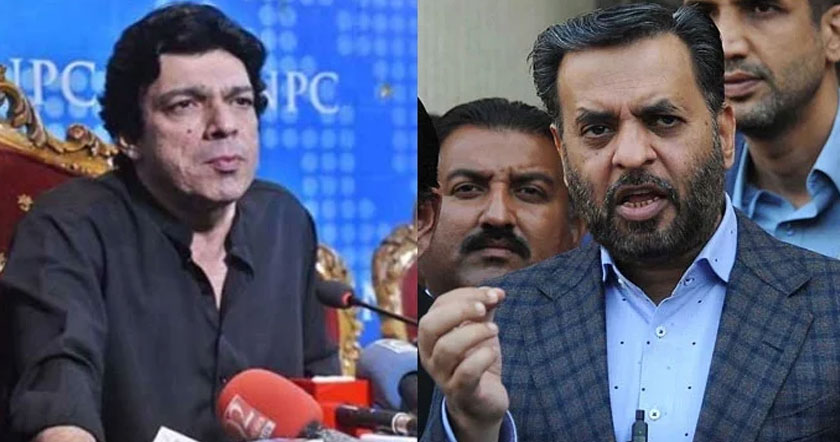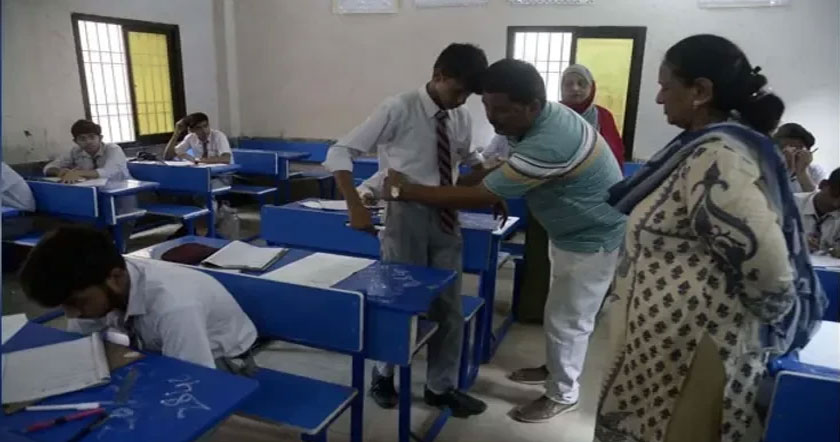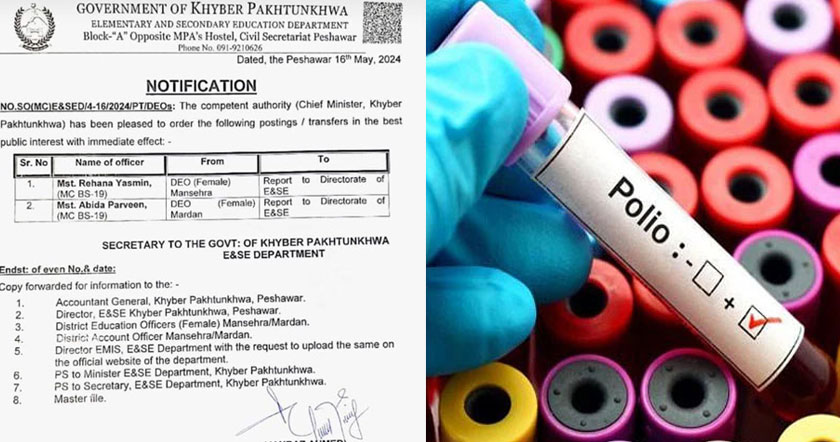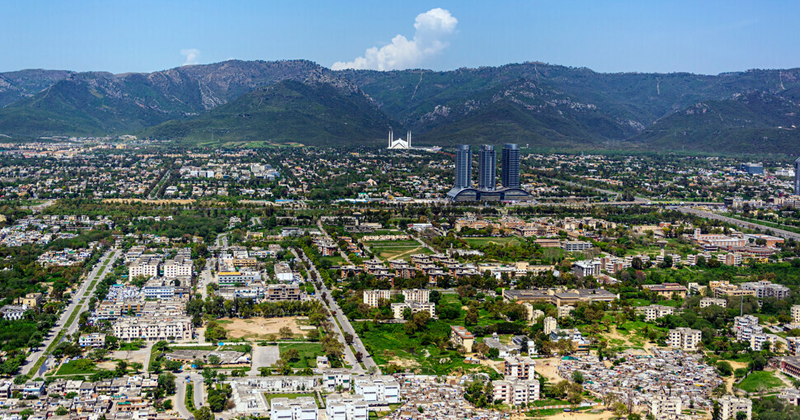4.1. The MCAs Report:
The MCAs whom Mujib personally assigned to the task of finding the casualty figures of their respective districts apparently went ahead with their task. With the help of their local district, subdivision, thana, and union Awami League party and governmental machineries, the MCAs concerned begun collating the ground level known casualty figures.
As has already been mentioned, for the district of Noakhali, one of the worst war affected districts of Bangladesh, Abdul Muhaimin could gather together a total of less than seven and. a half thousand reported losses of life. These included Razakars who fought to save Pakistan and were mercilessly killed by the armed Mukti Bahinis mainly after the surrender of the Pakistan Army on 16 December 1971. Even taking Noakhali as a representative of all the other 19 districts of Bangladesh, some of which hardly saw any action, the overall loss of life could not have been computed beyond one hundred and twenty-five thousand. [1]
Apparently, Abdul Muhaimin was not alone in coming up with such an unexpectedly disappointing casualty figure. A few others also came up with such unwelcome truths about the loss of life, property and honour. It has been said that once the MCAs concerned started reporting their preliminary findings to Mujib, the Bangladesh Prime Minister lost his trust in the ability of his Constituent Assembly colleagues to provide him with the expected proof of Pakistan Army's genocide. Being disappointed at their inefficiency, he then formed the 12-member strong Inquiry Committee under Abdur Rahim. [2]
4.2. The Inquiry Committee Report:
The Inquiry Committee seemed to have also failed Mujib in giving him the kind of truth he was after. The Government of Bangladesh never said a word about officially receiving the report, which was, as per as the original Gazette notification, due on or before 30 April 1972 or what happened to the Inquiry Committee's work.
On 6 June 1972, William Drummond reported:
"Since the third week of March, when the Inspector General's office in the Bangladesh Home Ministry began its field investigations, there have been about 2,000 complaints from citizens about deaths at the hands of the Pakistan Army have been received." [3]
Later, sources in Bangladesh reported that the draft report showed an overall casualty figure of 56,743. When a copy of this draft report was shown to the Prime Minister,
"he lost his temper and threw it on the floor, saying in angry voice 'I have declared three million dead, and your report could not come up with three score thousand! What report you have prepared? Keep your report to yourself. What I have said once, shall prevail." [4]
4.3. The Claim for Compensation:Seemingly, the claim for compensation from the families of the war victims also did not bring much joy for Mujib and his Government. As has already been mentioned, according to Col. Akbar Hussain's disclosure at the National Assembly of Bangladesh, the number of claimants did not exceed three hundred thousand. But, according to Abdul Muhaimin, the Ministry of Finance, Government of Bangladesh, had informed him that,
"Only 72,000 claims were received. Of them relatives of 50,000 victims had been awarded the declared sum of money. There had been many bogus claims, even some from the Razakars, within those 72,000 applications." [5]
Whatever be the actual figure, the 'victims' whose relatives were compensated might not be all victims of the Pakistan Army. A large number of refugees, 1.6 million according to one Awami League journalist [6], died in Indian refugee camps. Those who claimed compensation, also included families of many such dead refugees. Besides, there were also many false claimants.
4.4. The Bengali Heroines:Once the euphoria of 'liberation' started ebbing, the Bengali heroines silently disappeared from the news. One of the later-day myth makers could only report in 1974 that altogether about a hundred of them had been given into marriage at the various centres. [7] How many heroines were housed at such centres, how and when such centres were closed and what happened to the inmates, remained a closely guarded secret up to now. Here too, apparently the hard facts were too embarrassing to be disclosed.
There is little doubt whatever 'hard facts' Mujib had received from his MCAs and the Inquiry Committee, that these did not come any where remotely close to the three million figure raised and by implication made the claim of the alleged systematic killing aimed at genocide look ridiculous. Not surprisingly Mujib and his Government hurriedly placed a firm lid on the hard facts. Led by him, very conveniently they all went crying for the three million dead and three hundred thousand raped and spat venom on the Pakistani Army and their collaborators who, after all, had no chance of replying.
http://www.storyofbangladesh.com/Articles/History/Behind the Myth of 3 million.pdf
The MCAs whom Mujib personally assigned to the task of finding the casualty figures of their respective districts apparently went ahead with their task. With the help of their local district, subdivision, thana, and union Awami League party and governmental machineries, the MCAs concerned begun collating the ground level known casualty figures.
As has already been mentioned, for the district of Noakhali, one of the worst war affected districts of Bangladesh, Abdul Muhaimin could gather together a total of less than seven and. a half thousand reported losses of life. These included Razakars who fought to save Pakistan and were mercilessly killed by the armed Mukti Bahinis mainly after the surrender of the Pakistan Army on 16 December 1971. Even taking Noakhali as a representative of all the other 19 districts of Bangladesh, some of which hardly saw any action, the overall loss of life could not have been computed beyond one hundred and twenty-five thousand. [1]
Apparently, Abdul Muhaimin was not alone in coming up with such an unexpectedly disappointing casualty figure. A few others also came up with such unwelcome truths about the loss of life, property and honour. It has been said that once the MCAs concerned started reporting their preliminary findings to Mujib, the Bangladesh Prime Minister lost his trust in the ability of his Constituent Assembly colleagues to provide him with the expected proof of Pakistan Army's genocide. Being disappointed at their inefficiency, he then formed the 12-member strong Inquiry Committee under Abdur Rahim. [2]
4.2. The Inquiry Committee Report:
The Inquiry Committee seemed to have also failed Mujib in giving him the kind of truth he was after. The Government of Bangladesh never said a word about officially receiving the report, which was, as per as the original Gazette notification, due on or before 30 April 1972 or what happened to the Inquiry Committee's work.
On 6 June 1972, William Drummond reported:
"Since the third week of March, when the Inspector General's office in the Bangladesh Home Ministry began its field investigations, there have been about 2,000 complaints from citizens about deaths at the hands of the Pakistan Army have been received." [3]
Later, sources in Bangladesh reported that the draft report showed an overall casualty figure of 56,743. When a copy of this draft report was shown to the Prime Minister,
"he lost his temper and threw it on the floor, saying in angry voice 'I have declared three million dead, and your report could not come up with three score thousand! What report you have prepared? Keep your report to yourself. What I have said once, shall prevail." [4]
4.3. The Claim for Compensation:Seemingly, the claim for compensation from the families of the war victims also did not bring much joy for Mujib and his Government. As has already been mentioned, according to Col. Akbar Hussain's disclosure at the National Assembly of Bangladesh, the number of claimants did not exceed three hundred thousand. But, according to Abdul Muhaimin, the Ministry of Finance, Government of Bangladesh, had informed him that,
"Only 72,000 claims were received. Of them relatives of 50,000 victims had been awarded the declared sum of money. There had been many bogus claims, even some from the Razakars, within those 72,000 applications." [5]
Whatever be the actual figure, the 'victims' whose relatives were compensated might not be all victims of the Pakistan Army. A large number of refugees, 1.6 million according to one Awami League journalist [6], died in Indian refugee camps. Those who claimed compensation, also included families of many such dead refugees. Besides, there were also many false claimants.
4.4. The Bengali Heroines:Once the euphoria of 'liberation' started ebbing, the Bengali heroines silently disappeared from the news. One of the later-day myth makers could only report in 1974 that altogether about a hundred of them had been given into marriage at the various centres. [7] How many heroines were housed at such centres, how and when such centres were closed and what happened to the inmates, remained a closely guarded secret up to now. Here too, apparently the hard facts were too embarrassing to be disclosed.
There is little doubt whatever 'hard facts' Mujib had received from his MCAs and the Inquiry Committee, that these did not come any where remotely close to the three million figure raised and by implication made the claim of the alleged systematic killing aimed at genocide look ridiculous. Not surprisingly Mujib and his Government hurriedly placed a firm lid on the hard facts. Led by him, very conveniently they all went crying for the three million dead and three hundred thousand raped and spat venom on the Pakistani Army and their collaborators who, after all, had no chance of replying.
http://www.storyofbangladesh.com/Articles/History/Behind the Myth of 3 million.pdf















